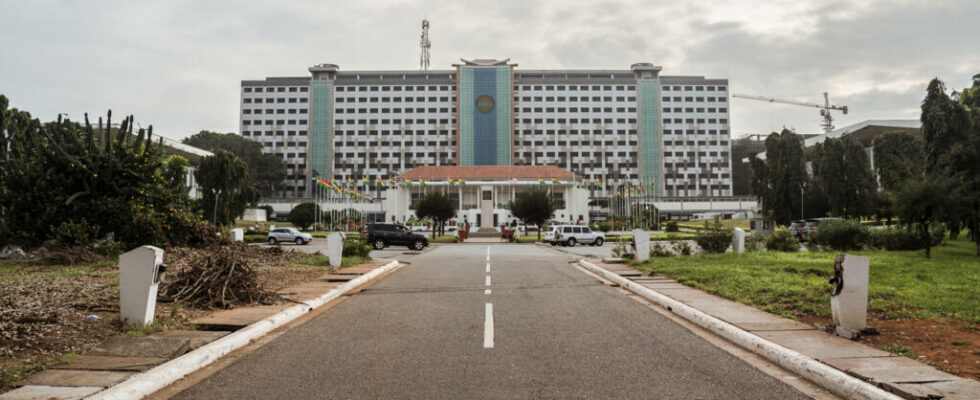50% of women in public decision-making bodies: this is the new objective that Ghana has set for itself by 2030. Representation at the heart of the law for gender equity, promulgated last week by the president. In total, the text includes around thirty measures, also covering the private sector, education and health. The starting point for truly improving the place of women in society according to several organizations.
2 min
With our correspondent in Accra, Victor Cariou
One of the first measures of this law is the creation of a committee responsible for ensuring the improvement of the representation of women in all spheres of society. Genevieve Partington, Director of Amnesty International Ghanasees this support as necessary to ensure the application of the law: ” Despite our best efforts, we are underrepresented in political and leadership positions. So I think it’s really important to have some kind of rule. »
The text provides tax breaks for businesses, an overhaul of school curricula and improved healthcare coverage, in addition to setting a specific goal: parity in all public decision-making bodies by 2030. Sheila Minkah-Premo, a lawyer involved in the development of this law, details the steps: ” There is a timetable, which includes indicators towards which we must move. In the first two years, the percentage of women must increase to 30%. Then, the target is to achieve equality by 2030, by which time, according to the sustainable development goals set by the UN, all member states must have achieved parity. »
However, some weak points of the text are noted. One of them, according to Minkah-Premo, is the absence of an obligation for political parties to place women at the head of the list during parliamentary elections, a hard blow in this country where women do not even represent 15% of the total number of deputies.
Also readThe hope of parity in politics
An imperfect but welcomed law
The adoption of this text, the first of its kind in Ghana, was nevertheless welcomed by many human rights organisations. human rights and trade unions. Felicity Nelson, Ghanaian activist women’s rightsshares this enthusiasm, but remains wary about the practical application of the text. The fault, according to her, lies in a lack of political will on these subjects.
If the law is implemented as it should be, respecting everything that is written in the text, it can bring about great changes. But I am very worried about its implementation. I think that, globally, we have become a nation that completely ignores the problems when they concern women. Whether we talk about laws, policies, there is a lot of talk, but very little action.
Felicity Nelson, Ghanaian women’s rights activist
